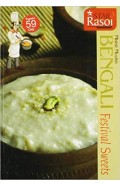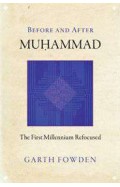Feminine Power - The Divine to the Demonic
By: Belinda Crerar
-
Rs 10,795.50
- Rs 11,995.00
- 10%
You save Rs 1,199.50.
Due to constant currency fluctuation, prices are subject to change with or without notice.
Feminine Power - The Divine to the Demonic
By: Belinda Crerar
Rs 10,795.50 Rs 11,995.00 Ex Tax :Rs 10,795.50
Zubin Mehta: A Musical Journey (An Authorized Biography)
By: VOID - Bakhtiar K. Dadabhoy
Rs 892.50 Rs 1,050.00 Ex Tax :Rs 892.50
The Origins of Political Order From Prehuman Times to the French RevolutioN
By: Francis Fukuyama
Rs 4,045.50 Rs 4,495.00 Ex Tax :Rs 4,045.50
Manning Up: How the Rise of Women Has Turned Men into Boys
By: Kay Hymowitz
Rs 845.75 Rs 995.00 Ex Tax :Rs 845.75
The Obama Syndrome: Surrender At Home War Abroad
By: Tariq Ali
Rs 1,100.75 Rs 1,295.00 Ex Tax :Rs 1,100.75
The Quest For Meaning: Developing A Philosophy Of Pluralism
By: Tariq Ramadan
Rs 1,185.75 Rs 1,395.00 Ex Tax :Rs 1,185.75
No similar books from this author available at the moment.
Before and After MuhammadThe First Millennium Refocused
By: Garth Fowden
Rs 2,545.75 Rs 2,995.00 Ex Tax :Rs 2,545.75
Zubin Mehta: A Musical Journey (An Authorized Biography)
By: VOID - Bakhtiar K. Dadabhoy
Rs 892.50 Rs 1,050.00 Ex Tax :Rs 892.50
Feminine Power - The Divine to the Demonic
By: Belinda Crerar
Rs 10,795.50 Rs 11,995.00 Ex Tax :Rs 10,795.50














-120x187.jpg?q6)





-120x187.jpg?q6)












